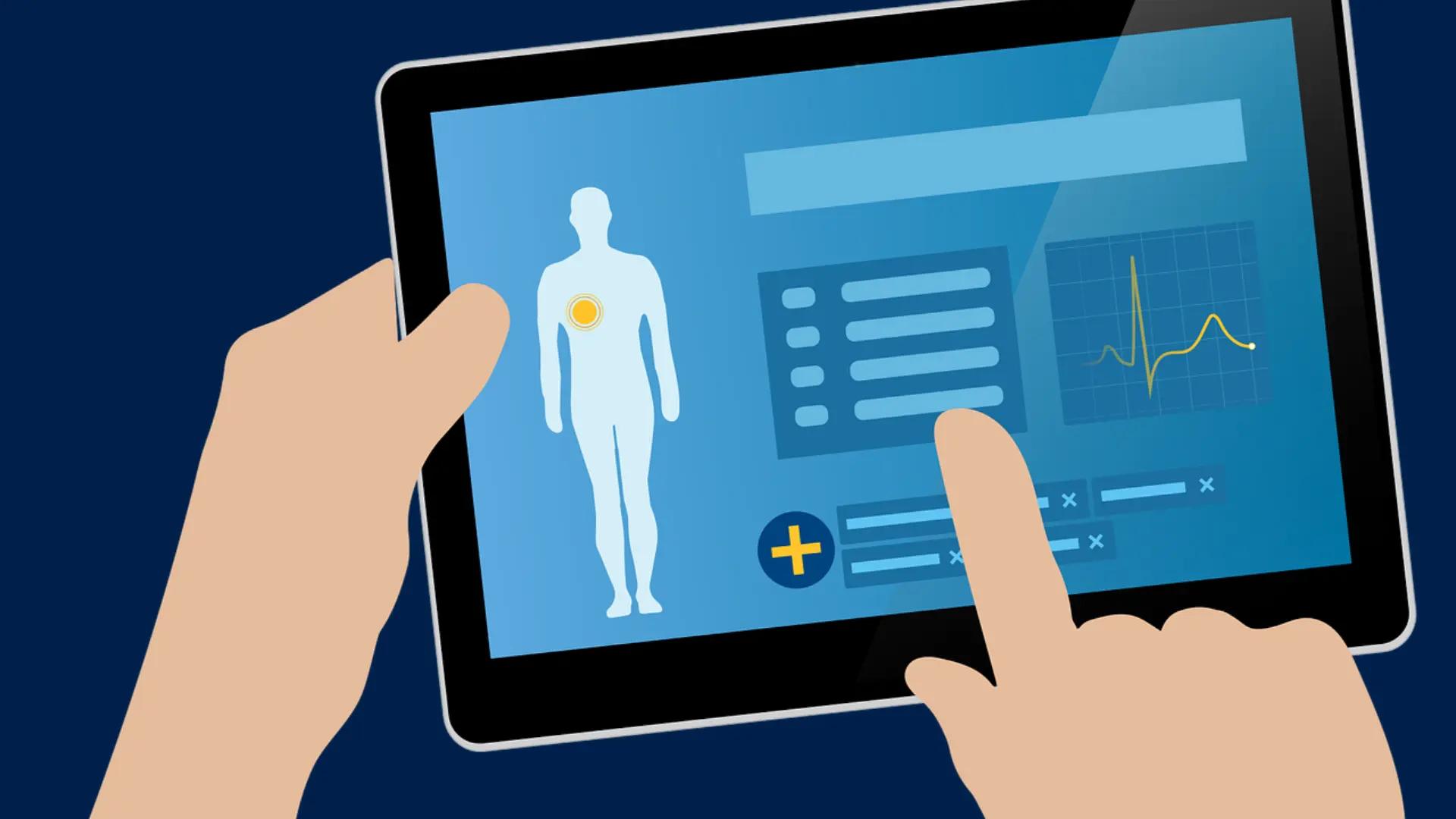
Blockchain in Healthcare: Beyond Cryptocurrency to Patient Data Security
- Team DQCare
- NOV 6, 2023
While blockchain's most renowned application has been in powering cryptocurrencies like Bitcoin and Ethereum, its potential stretches far beyond digital currencies. The healthcare industry, grappling with concerns about data integrity, privacy, and interoperability, stands poised to benefit immensely from this technology. This article will unravel how blockchain is reshaping patient data security and its broader implications for the healthcare sector.
Blockchain Demystified
At its core, a blockchain is a time-stamped series of immutable records of data, managed by a cluster of computers not owned by any single entity. Each block of data is secured and bound to each other using cryptographic principles.
The Healthcare Data Dilemma
Healthcare data is incredibly sensitive. A breach can have severe implications for a patient's privacy. Moreover, data integrity is vital for accurate diagnosis and treatment. Traditional centralized databases, prone to hacks and unauthorized alterations, have often proved inadequate for these challenges.
How Blockchain Can Revolutionize Healthcare Data Management
- Immutable Patient Records: Once a patient's data is stored in a blockchain, it becomes nearly unalterable. This ensures that medical histories remain consistent and reliable.
- Decentralized Data Storage: Blockchain operates on a decentralized model. This not only reduces vulnerability to single-point failures or attacks but also ensures that records remain accessible even if one part of the network fails.
- Enhanced Data Privacy: With encryption and the decentralized model, patient data remains confidential, viewable only by those granted access.
- Transparent and Auditable: Every addition to the blockchain is timestamped, creating a transparent and traceable history of patient data. This can be especially crucial for clinical trials or treatment histories.
- Streamlined Interoperability: Blockchain can potentially provide a unified platform where data from various healthcare providers can be accessed and shared without data loss or alteration.
Potential Hurdles
Scalability Issues: As the volume of data grows, there are concerns about the blockchain's scalability and performance. Regulatory and Compliance Concerns: Implementing blockchain in healthcare will need to align with existing data protection laws and standards. Adoption Barriers: Like any disruptive technology, there might be resistance from traditional systems and a learning curve involved.
Looking Ahead: A Blockchain-Infused Future?
Though still in its nascent stages in healthcare, the potential of blockchain is undeniable. As the technology matures and aligns with healthcare's unique requirements, it may pave the way for a secure, transparent, and unified global health data management system.
Blockchain's journey in healthcare is just beginning, and its role extends far beyond the realms of cryptocurrency. By offering robust solutions to the sector's pressing data challenges, blockchain might just redefine healthcare for the modern age.
Recent Blogs
-
 Electronic Health Record
Electronic Health Record
- Pratyush Jsud
- DEC 08, 2022
-
 Heat Stroke
Heat Stroke
- Pratyush Jsud
- APR 20, 2023
-
 Are we drinking enough water?
Are we drinking enough water?
- Pratyush Jsud
- APR 21, 2023
